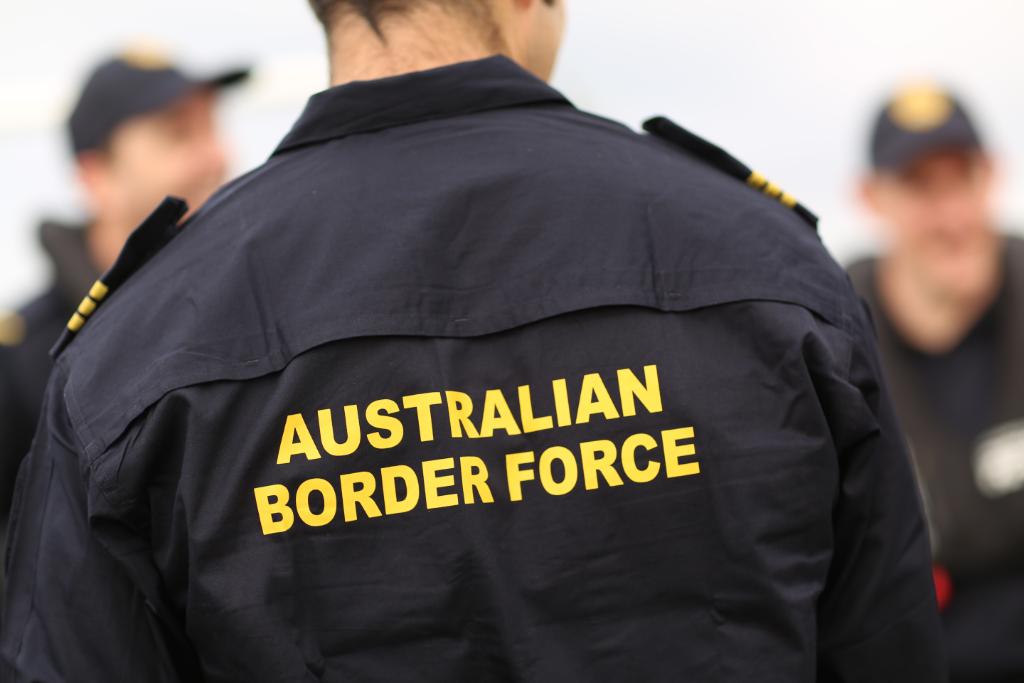GENEVA (6 May 2024) – A 2016 UN Security Council resolution strongly condemning attacks against medical facilities and personnel in conflict situations has largely been ignored, says Tlaleng Mofokeng, the Special Rapporteur on the right to health, and urgent action is needed to implement it. The UN independent expert issued the following statement:
“I demand the end to impunity for those responsible and the respect for international law on the part of all warring parties.
Eight years have passed since the adoption of the landmark Security Council resolution 2286 (3 May, 2016), condemning attacks on healthcare workers and facilities. Yet, little progress has been made by the international community to implement this resolution and end impunity for these attacks. Victims, including families of courageous health workers who died in the line of duty, are still waiting for justice and reparation.
Lately, we have been haunted by the images of wounded children who cannot access health care, pregnant women who give birth in stressful conditions in hospitals which are being targeted and other wounded and sick people who cannot access care for chronic and infectious diseases, as well as health workers working in desperate conditions and, on some occasions, under threat, harassment, and risk of being detained or tortured for merely doing their duty.
As a medical practitioner, I feel and share the pain and suffering of my colleagues. The enjoyment of the right is under threat and impacts the realisation of other rights.
Data also reveals a grim reality: in Syria, for example, overall 25 attacks on health facilities took place in 2023 and as of March 2024 over 12.2 million people are in dire need of healthcare; between 7 October 2023 and 3 May 2024, 492 Palestinian health workers were reportedly killed in Gaza and 80 per cent of primary health care centres are not functional.
In many other conflicts around the globe, the healthcare system has also been heavily targeted and impacted.
We must never forget that behind these numbers, there are human faces, souls and hearts. While it impacts every one of us, it has an aggravated impact on people in need of specific healthcare, including those with disabilities, older persons, women and children. Moreover, disabilities caused by conflict are complex and difficult, as people may have other disabilities and have therefore limited access to other medical/surgical needs, such as oncology.
There is an urgent need to turn resolution 2286 into reality. I call on UN entities, States and other relevant stakeholders to establish strong and sustainable partnership and strengthen their support and engagement to ensure the protection of health workers and aid workers at large.
I also call on Member States to:
- Conduct full, prompt, impartial and effective investigations within their jurisdiction of violations of international law for attacks on healthcare, including against health workers and hindering access of medical aid;
- Acknowledge the aggravating impact of such attacks on women, children, persons with disabilities and older persons, as well as other groups in vulnerable situations and take proactive steps to mitigate those impacts;
- Investigate and punish those responsible, in accordance with domestic and international law, with a view to reinforcing preventive measures, ensuring accountability, reparation and addressing the grievances of victims;
- Support, if applicable, investigations and prosecutions by the International Criminal Court (ICC) for attacks on healthcare, conduct domestic investigations and initiate prosecutions for these violations within their justice systems;
- Provide leadership in developing alternative justice and accountability mechanisms through the UN General Assembly where the employment of veto power at the Security Council stymies referrals to the ICC;
- Call for the release of all unlawfully detained healthcare workers and affirm the principle of medical impartiality, in compliance with their ethical duties to care for sick and wounded persons.”
Ms. Tlaleng Mofokeng is the Special Rapporteur on the right to health.
Special Rapporteurs are part of what is known as the Special Procedures of the Human Rights Council. Special Procedures, the largest body of independent experts in the UN Human Rights system, is the general name of the Council’s independent fact-finding and monitoring mechanisms that address either specific country situations or thematic issues in all parts of the world. Special Procedures experts work on a voluntary basis; they are not UN staff and do not receive a salary for their work. They are independent from any government or organization and serve in their individual capacity.





